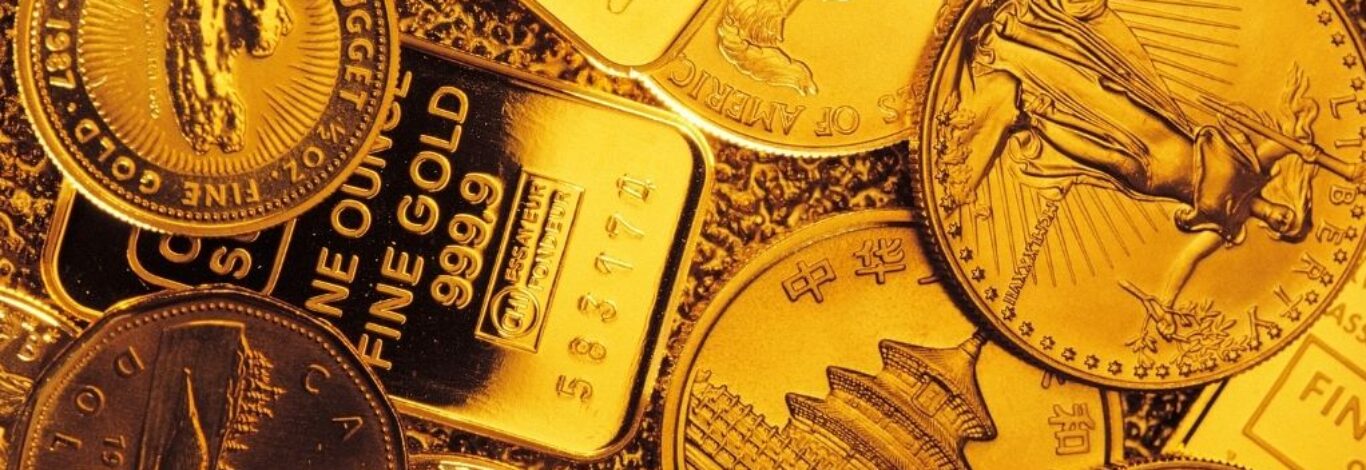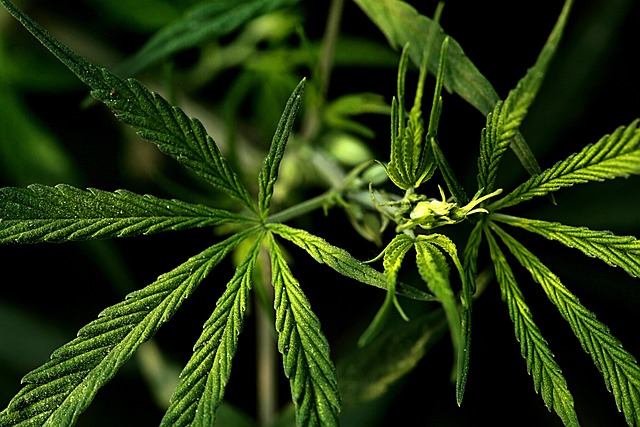What Is THCa Flower? A Comprehensive Guide
In recent years, the cannabis industry has seen a surge in interest surrounding various cannabinoids and their unique properties. Among these, THCa has emerged as a compound of significant interest. This article explores from indacloud.co what THCa flower is, its benefits, and how it differs from other cannabis products.
Understanding THCa
THCa, or tetrahydrocannabinolic acid, is a non-psychoactive cannabinoid found in raw and live cannabis plants. Unlike THC, which is known for its psychoactive effects, THCa does not produce a “high” when consumed in its natural form. This makes it an attractive option for those seeking the therapeutic benefits of cannabis without the mind-altering effects.
The Chemistry Behind THCa
THCa is the acidic precursor to THC. When cannabis is exposed to heat through smoking, vaping, or cooking, a process called decarboxylation occurs. This process converts THCa into THC, the compound responsible for the psychoactive effects. In its raw form, THCa remains non-psychoactive, offering a different set of benefits.
Benefits of THCa Flower
Research into THCa is still in its early stages, but preliminary studies and anecdotal evidence suggest several potential benefits:
- Anti-inflammatory Properties: THCa may help reduce inflammation, making it a potential option for those with conditions like arthritis.
- Neuroprotective Effects: Some studies suggest that THCa could have neuroprotective properties, which might be beneficial for neurodegenerative diseases.
- Anti-emetic Benefits: THCa may help alleviate nausea and vomiting, which can be particularly useful for patients undergoing chemotherapy.
- Appetite Stimulation: Like THC, THCa might help stimulate appetite, offering potential benefits for individuals with eating disorders or those undergoing treatments that suppress appetite.
THCa vs. THC: Key Differences
While both THCa and THC originate from the same plant, their effects and uses differ significantly. Here are some key differences:
- Psychoactivity: THCa is non-psychoactive, whereas THC is known for its mind-altering effects.
- Consumption Methods: THCa is typically consumed in its raw form, often through juicing or as a dietary supplement. THC is usually consumed through smoking, vaping, or edibles.
- Legal Status: In many regions, THCa is legal due to its non-psychoactive nature, while THC is subject to stricter regulations.
How to Use THCa Flower
There are several ways to incorporate THCa flower into your routine:
- Juicing: Fresh cannabis leaves and flowers can be juiced to create a nutrient-rich beverage that retains the THCa content.
- Raw Consumption: Adding raw cannabis to salads or smoothies is another way to consume THCa without decarboxylation.
- Tinctures and Capsules: These products offer a convenient way to consume THCa, often with precise dosing.
Case Studies and Research
While comprehensive clinical trials are still needed, several studies have highlighted the potential of THCa:
- A study published in the British Journal of Pharmacology suggested that THCa might have anti-inflammatory and anti-proliferative properties.
- Research from the Journal of Neuroimmune Pharmacology indicated potential neuroprotective effects of THCa, warranting further investigation.
Legal Considerations
The legal status of THCa varies by region. In many places, THCa is not classified as a controlled substance due to its non-psychoactive nature. However, it’s important to stay informed about local regulations, as laws surrounding cannabis products can change rapidly.
Conclusion
THCa flower represents an intriguing aspect of cannabis that offers potential therapeutic benefits without the psychoactive effects of THC. As research continues to evolve, understanding and utilizing THCa could provide new avenues for health and wellness. Whether through juicing, raw consumption, or supplements, THCa offers a versatile option for those interested in exploring the benefits of cannabis in its natural form.

